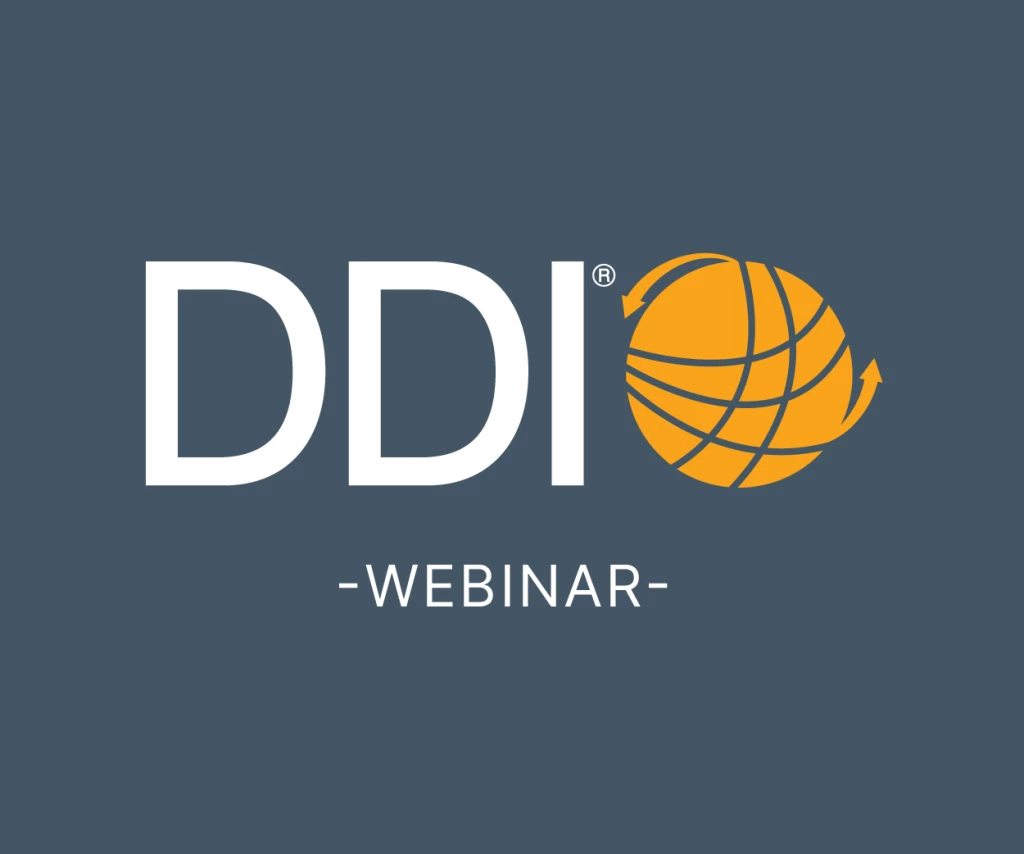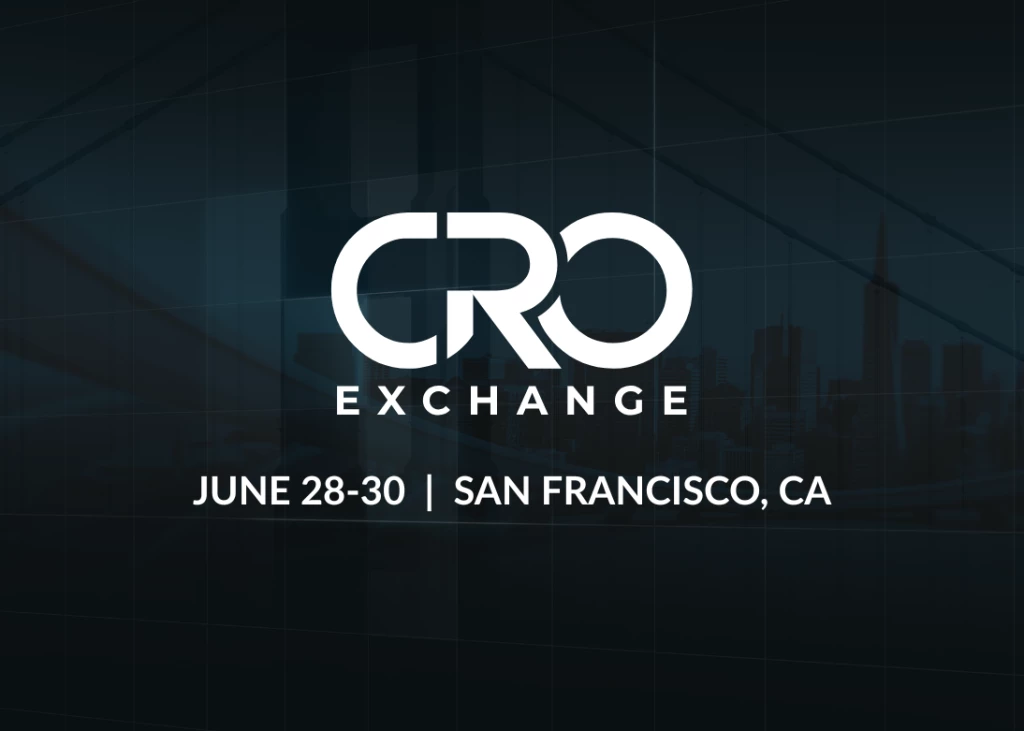The Power of Coaching in a Leader’s Journey: Why You Need a George Martin
Add bookmark
You may wonder what George Martin, English record producer, has to do with L&D leaders. Well, the Beatles wouldn’t be here if not for Martin, who took them under his wings at EMI Records, nurtured them, coached them and helped them blossom into musical leaders.
The Beatles faced many setbacks when they were trying to find a recording contract as a band. In 1962, The Beatles received one of their worst rejections from Decca Records, who told Brian Epstein, the band’s manager, that “guitar groups are on the way out.”
The Beatles were discouraged and ready to call it quits. But Epstein had faith in the band and pursued the opportunity at EMI Records, gaining the interest of producer George Martin. So significant was Martin’s influence on their music that Paul McCartney said he deserved to be called the fifth Beatle upon his death. He said, “From the day that he gave the Beatles our first recording contract to the last time I saw him, he was the most generous, intelligent and musical person I’ve ever had the pleasure to know.”
George Martin was instrumental in many innovations The Beatles brought to their repertoire. A 2016 New York Times article, “A Song-by-Song Look at What Made George Martin the Fifth Beatle,” lists the contributions Martin made to the group’s status as the leader in the music industry. For example, the article says, regarding the contribution of Martin to the wildly popular and successful song “A Day In the Life:"
“For the orchestral crescendo that ends this song, Mr. Martin asked Abbey Road Studios engineer Ken Townsend to help devise a way to synchronize two four-track tape machines. Townsend succeeded, and Mr. Martin recorded the 40 musicians in separate takes across five tape tracks, resulting in the sound of a much larger ensemble. For the crashing final piano chord, Mr. Martin recorded three pianos across three tracks, then played one of the pianos back at half-speed to extend its decay.”
The Importance of a Mentor/Coach
In today’s complex world, solving problems and creating solutions require collaboration. It also requires lifelong, continuous learning. One aspect of this learning is to have a mentor or multiple mentors. Another aspect is to have a coach.
The definition of coaching from The International Coach Federation is: “Partnering with clients in a thought-provoking and creative process that inspires them to maximize their personal and professional potential.”
In her Forbes article, “What’s the Difference Between a Coach and a Mentor?” Kelli Richards defines mentors as:
“...Successful people who share their hard-won wisdom to provide insight and guidance as an entrepreneur encounters challenges along her journey. They typically function in a reactive capacity, responding to issues as they arise. Mentors may not have expertise in the mentee’s field, but they understand how to navigate business in general.”
While these are good ways to characterize mentoring and coaching, the way you choose a mentor could get you the benefits of both. In my experience mentoring and coaching, I played the role of a mentor or coach depending on the context.
For example, I have deep expertise in software engineering. When the person I’m mentoring in entrepreneurship has a thorny engineering problem, I don’t hesitate to brainstorm on the subject to move them along on the path to finding a solution. If the person wants general business guidance, I can provide that and point them to a coach who can help them with the specific area (for example, accounting).
In your quest for mentors, look for those who have a reputation for being passionate about helping others. Impactful mentors are excellent communicators, listening more than talking. They are curious, don’t hesitate to ask questions, and are nonjudgmental. Good mentors don’t give the answers, but rather lead you to find the answers. They appreciate that they are gaining something from the engagement.
Tips For Finding the Right Mentor/Coach
What do you look for in a good coach? All the same characteristics of a good mentor, plus subject matter expertise. Above all, they’re enthusiastic about engaging with you.
Before you look for a mentor or coach, do your homework.
1. The first step is to identify your goals for the engagement. It may be that you want to address certain gaps in your knowledge. Be very specific about the outcome you want to achieve and the timeline.
2. Next comes the search. The best way to find a mentor or coach is to use your network to identify a few people who can help you. If that is not an option, today, we have the internet and social media to work with those who need not necessarily be physically co-located. For example, I reside in the US, but I have LinkedIn followers from many parts of the world, and some of them reach out to me to begin conversations on a mentoring or coaching engagement. After exchanging a few messages, we set up a 30-minute call to explore further.
Reaching out to someone you know only on social media may be daunting for some. Remind yourself that the purpose of the platform is to promote networking. Audacity, or taking risks, is an essential characteristic of a leader. You build it by being courageous in small steps. Consider reaching out to someone on social media as one of those steps. Of course, you’d want to ensure that those you reach out to are reputable.
3. Once you find a coach willing to work with you, assume responsibility for the engagement. Take care of the logistics involved in your meeting, setting agendas and defining your learning objectives. Grow the relationship with regularly scheduled meetings.
In the case of The Beatles, George Martin became their mentor and coach by happenstance. Martin was a phenomenal coach, partnering with The Beatles in their creative process. Yet, he stayed in the background and let them shine. His experience in the music business made him a trusted mentor to The Beatles.
Who is your George Martin?



























